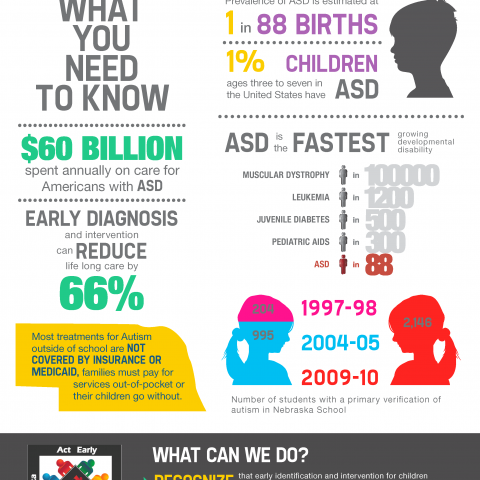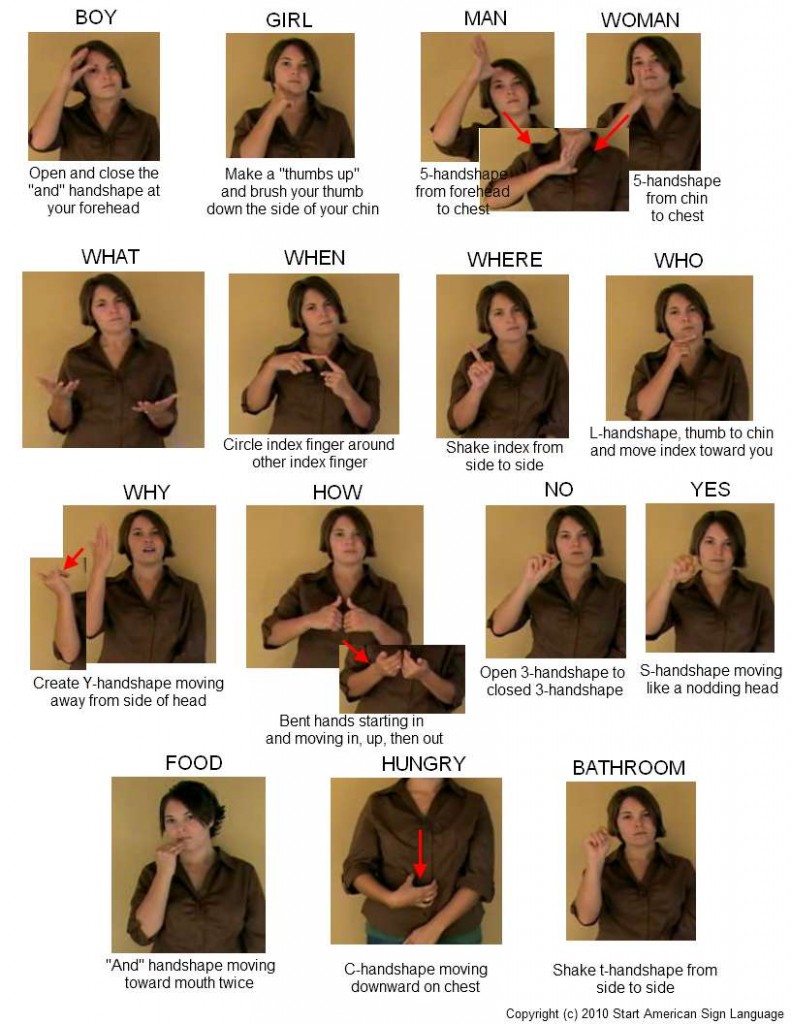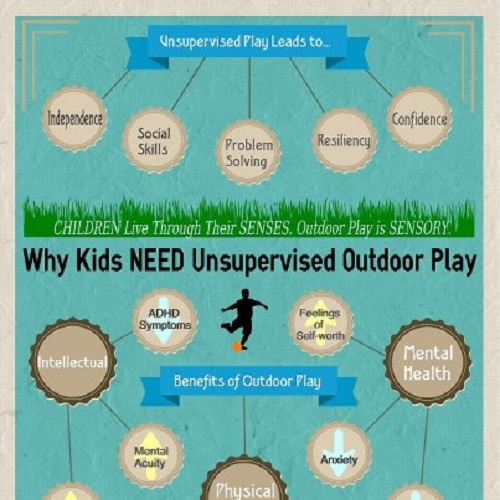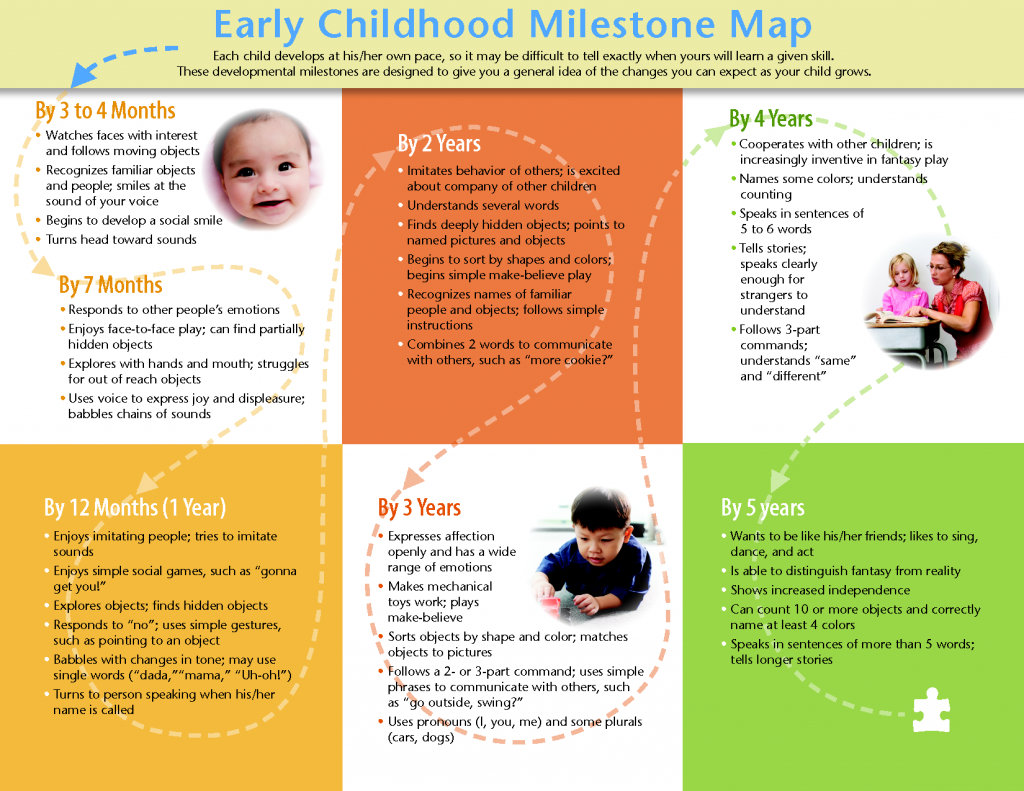Parents of special needs kids have a lot on their plates. They’re driving the kids to and from doctor’s appointments, learning about the latest speech therapy techniques, and preparing for yet another Individualized Education Program (IEP) meeting. So we thought we’d lend a helping hand by providing this guide to local resources for parents of special needs kids in Nevada. If you live in Nevada, there is a wealth of resources at your fingertips. One of those resources is Project ASSIST. Read on to find out more…
Wondering How Autistic Kids Develop Language?
NewsParents of autistic kids may sometimes express frustration that it is difficult to understand what’s going on inside their children’s minds. Some autistic kids are completely nonverbal, meaning that they don’t speak at all. While speech therapy techniques can help autistic kids, we still don’t know nearly as much about autism spectrum disorder (ASD) as we should. Some people have suggested that one of the communication problems between autistic and neurotypical people is that autism has an entirely unique language all its own. This doesn’t seem too far-out when you consider that, if you’re not a computer programmer, you might have difficulty understanding the computer geek at the office holiday party who is talking a mile a minute about MySQL performance analysis with TCP/IP network traffic. (Still don’t believe me? Check out this New York Times article on Amanda Baggs, who is nonverbal, but has a “constant conversation with… (her) environment.”)
Speech therapy has definite benefits for children with autism. A speech-language pathologist (SLP) can help a nonverbal child use an augmentative and alternative communication (AAC) device. Those who struggle with articulation may benefit from Speech Buddies. But we definitely need to know more about this disorder, and researchers have risen to the challenge.
Special Needs Kids Can Get a Boost from AAC Devices in the Home
Speech Therapy TechniquesSpeech therapy techniques like Speech Buddies can help special needs kids achieve clear articulation, but what about those who are nonverbal or those who have extremely limited speech abilities? Your child’s speech-language pathologist (SLP) might recommend the use of an augmentative and alternative communication (AAC) device. An AAC device is any tool that facilitates nonverbal communication. An AAC device may be an aided device, which means that it is an actual, physical object like an electronic reader or the picture exchange communication system (PECS). Or an AAC device may be unaided, which means that the child uses facial expressions, gestures, or sign language to communicate. Talk to your child’s speech therapist about whether an AAC device may be right for him.
Got a Hyperactive Youngster? Try These Speech Therapy Activities for Kids On the Move!
Speech Therapy TechniquesMany at-home speech therapy activities and techniques, such as Speech Buddies, can often be squeezed into a few minutes here and there before bedtime, while making dinner, etc. In many cases, simply knowing how to talk to your speech disordered child can make a huge difference. But did you know that you can also customize your child’s favorite sport to turn it into a fun speech therapy session?
At-Home Speech Therapy for Expressive Language Skills
Speech Therapy TechniquesSpeech therapists have countless tricks up their sleeves, along with at-home speech therapy techniques they can teach to parents. One of the many facets of language that a speech therapist can teach your child is expressive language skills. If your child has an expressive language disorder, it means that he has difficulty using language to communicate, or in other words, expressing himself. Your child might have limited speech or he might be entirely nonverbal. Communication difficulties can be extremely frustrating for your child. He might know what he wishes to say, but cannot verbalize it.
Sometimes, speech and language impairments can encourage the frequency of temper tantrums and similar behavioral problems because the child is so frustrated from being unable to make his wishes known. If your child has difficulty speaking, a speech-language pathologist (SLP) can help. To accelerate your child’s progress, talk to the SLP about at-home speech therapy techniques to use at home.





